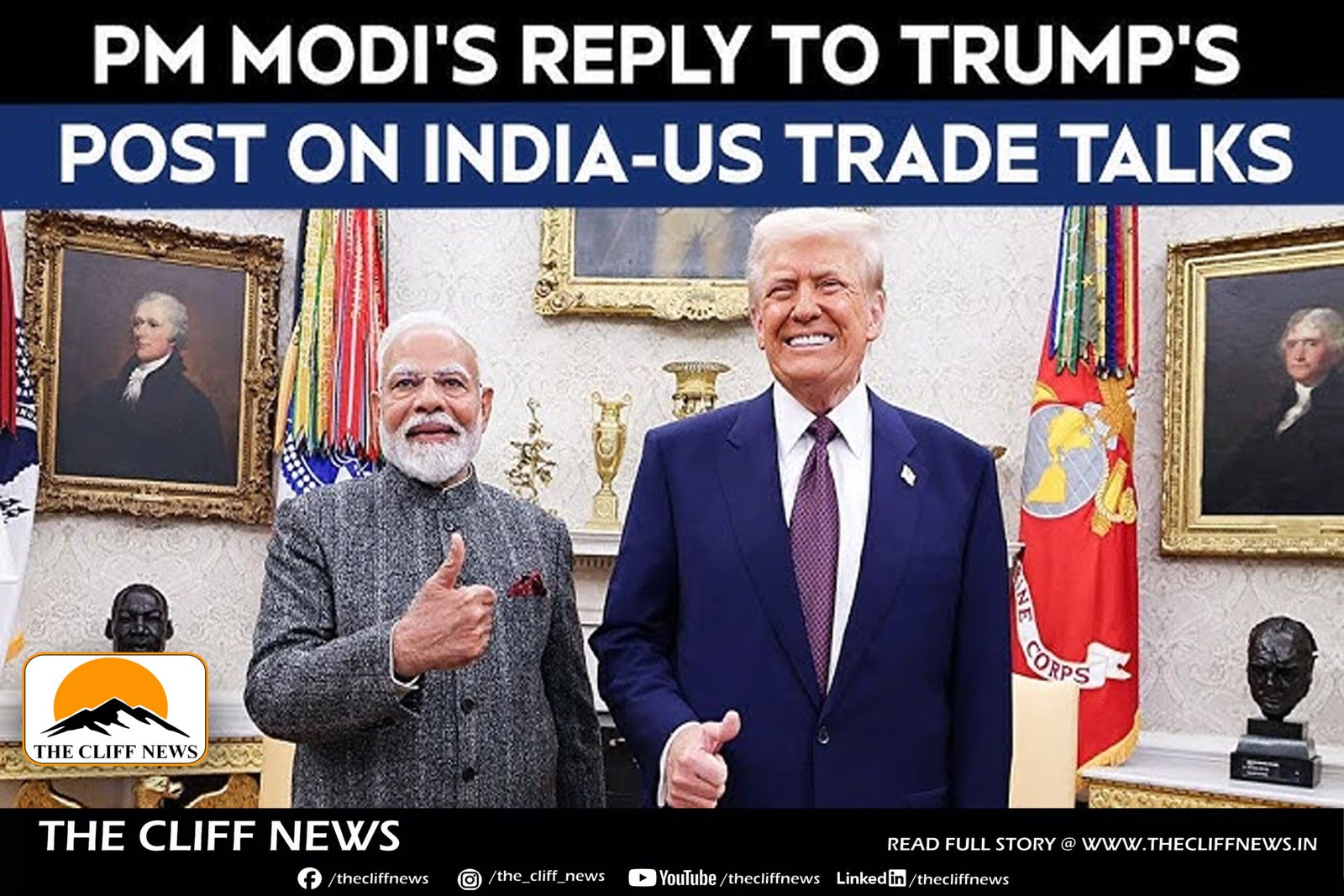A new study published in The Lancet medical journal has issued a stark warning: U.S. President Donald Trump’s sweeping cuts to foreign humanitarian aid could result in over 14 million additional deaths by 2030, including 4.5 million children under five.
The findings come amid global concern over the Trump administration’s decision to cancel more than 80% of programmes run by the U.S. Agency for International Development (USAID). U.S. Secretary of State Marco Rubio confirmed the move in March, part of a broader cost-cutting initiative supported by billionaire Elon Musk, aimed at reducing the federal workforce.
A Reversal of Two Decades of Progress
Lead researcher Dr. Davide Rasella, from the Barcelona Institute for Global Health, said the funding cuts threaten to “abruptly halt — and even reverse — two decades of progress in health among vulnerable populations.”
“For many low- and middle-income countries, the resulting shock would be comparable in scale to a global pandemic or a major armed conflict,” Rasella added.
Using historical data from 133 nations, the research team found that USAID programmes had prevented approximately 91 million deaths between 2001 and 2021. Their model now forecasts 14 million avoidable deaths by 2030 if the 83% funding cut remains in place, with around 700,000 children under five expected to die every year as a result.
Global Alarm and Humanitarian Crisis
The report was released just as dozens of world leaders convened in Seville, Spain for the largest United Nations-led aid conference in a decade. The urgency of the moment was underscored by recent developments:
- A UN official told the BBC last month that hundreds of thousands in Kenyan refugee camps are now “slowly starving” due to drastic U.S. aid reductions.
- Food rations have fallen to their lowest-ever levels, impacting some of the world’s most food-insecure regions.
USAID’s Legacy and Political Shift
The United States remains the world’s largest humanitarian aid provider, operating in more than 60 countries, primarily through contractors. However, the Trump administration has redirected many USAID functions to the State Department, with Rubio stating that 1,000 remaining programmes will now be managed “more effectively” in consultation with Congress.
The White House has also accused USAID of supporting liberal-leaning projects, a rationale that has drawn criticism from international observers and humanitarian organizations.
The Road Ahead
Experts warn that without urgent course correction or global cooperation to fill the funding gap, millions of lives are at risk, particularly in fragile regions already suffering from food insecurity, lack of healthcare access, and climate-related crises.
As debates continue in Seville, the Lancet report stands as a sobering call for action, urging nations to step up their commitments before the consequences become irreversible.



